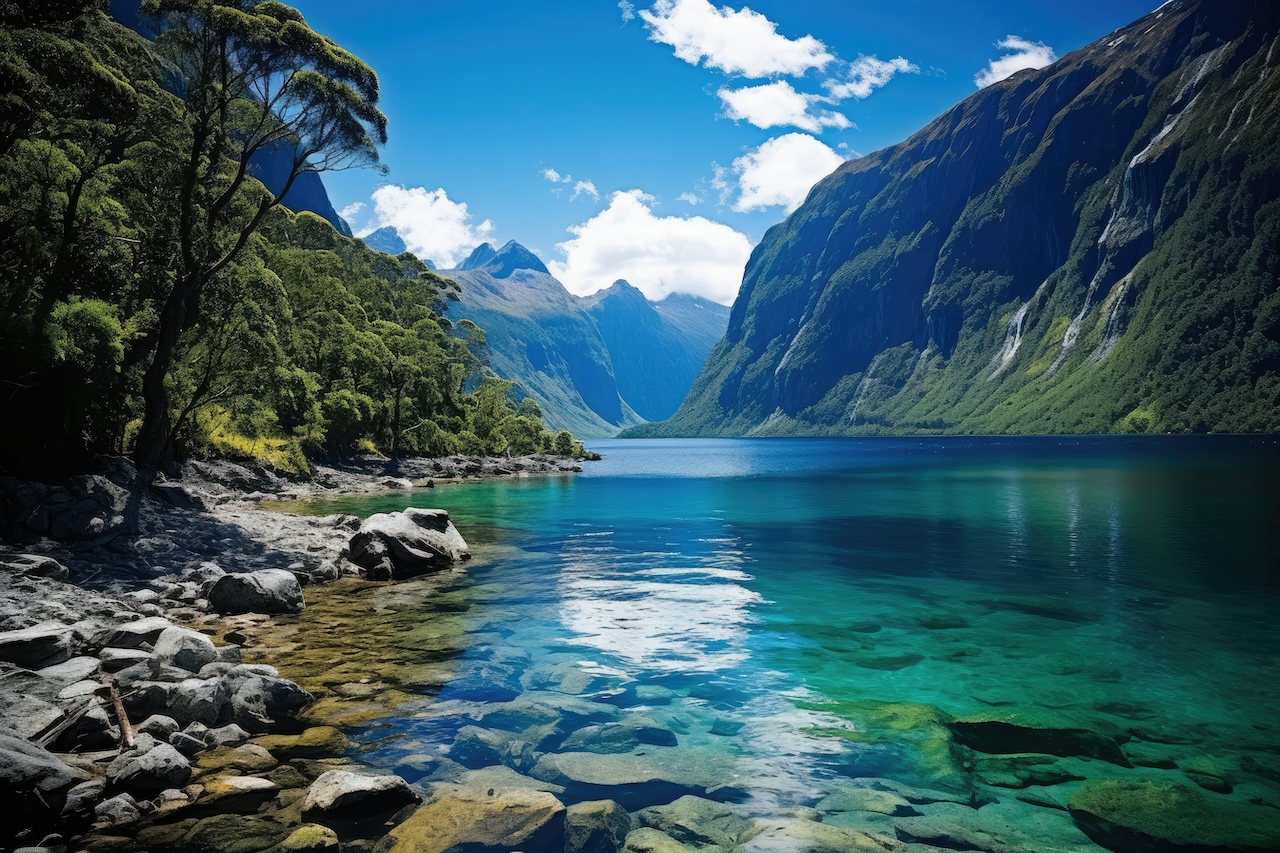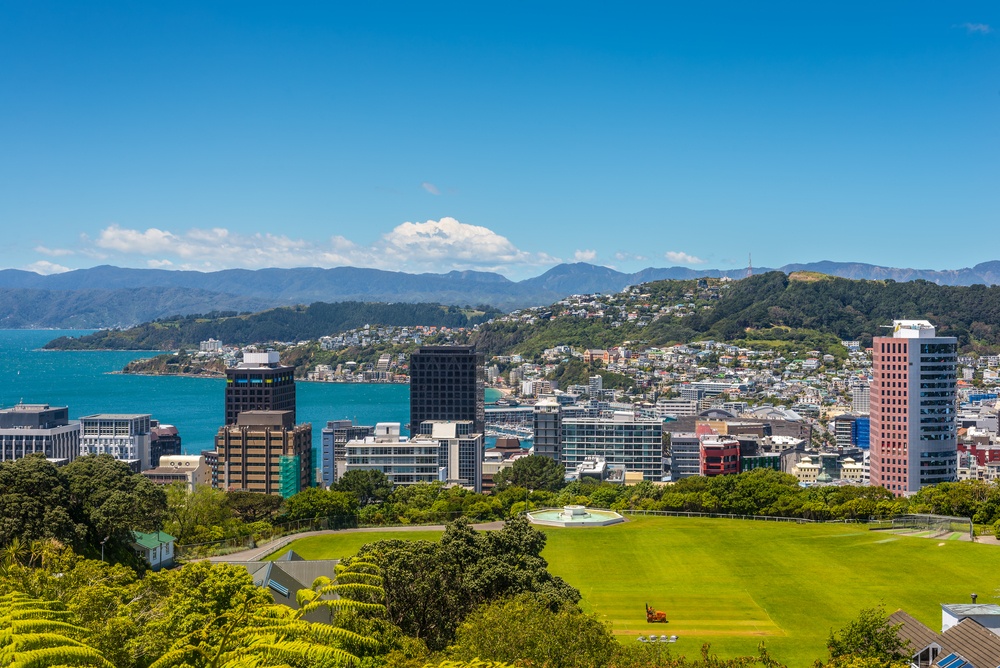Eco-Tourism in New Zealand: Sustainable Travel Options
In a world increasingly focused on sustainability, New Zealand stands out as a leader in eco-tourism, offering a range of environmentally friendly travel options. This article explores how visitors can enjoy the country's natural wonders while minimizing their ecological footprint, focusing on eco-friendly accommodations, practices, and activities.
1. Eco-Friendly Accommodations
- Eco-Lodges and Green Hotels: Highlighting accommodations that prioritize sustainability through energy efficiency, waste reduction, and use of eco-friendly materials. Examples include the award-winning Camp Glenorchy Eco Retreat in Glenorchy and the Hapuku Lodge & Tree Houses in Kaikoura.
- Farmstays and Homestays: These offer an authentic and sustainable lodging experience, often integrating organic farming and local community involvement.
2. Sustainable Practices in Tourism
- Conservation Efforts: Showcasing tourism operators who contribute to conservation, such as those involved in predator-free island projects or native tree planting initiatives.
- Reducing Carbon Footprint: Emphasizing transport options like electric vehicle rentals and tour companies that offset carbon emissions.
3. Eco-Friendly Activities
- Nature and Wildlife Tours: Featuring tour operators that provide educational experiences about New Zealand's unique flora and fauna while ensuring minimal impact on the environment.
- Adventure Activities with an Eco Twist: Such as kayaking in Abel Tasman National Park, where operators adhere to strict environmental guidelines.
4. Cultural Sustainability
- Maori Eco-Tourism Ventures: Exploring options where travelers can learn about the Maori connection to the land in an environmentally respectful manner, such as Maori-guided walks in Whirinaki Te Pua-a-Tāne Conservation Park.
- Sustainable Wine Tours: Visiting organic and biodynamic wineries, especially in regions like Marlborough and Central Otago, where sustainable viticulture is practiced.
5. Voluntourism and Conservation Projects
- Opportunities for tourists to participate in conservation projects, such as tree planting, beach clean-ups, or volunteering at wildlife sanctuaries.
6. Responsible Travel Tips
- Offering advice on how travelers can make eco-friendly choices, from minimizing plastic use to respecting wildlife and natural habitats.
Conclusion
Eco-tourism in New Zealand isn't just about experiencing the breathtaking beauty of the country; it's about preserving that beauty for future generations. By choosing sustainable travel options, visitors can enjoy New Zealand’s natural wonders responsibly and ethically.


-min-0.jpg)

